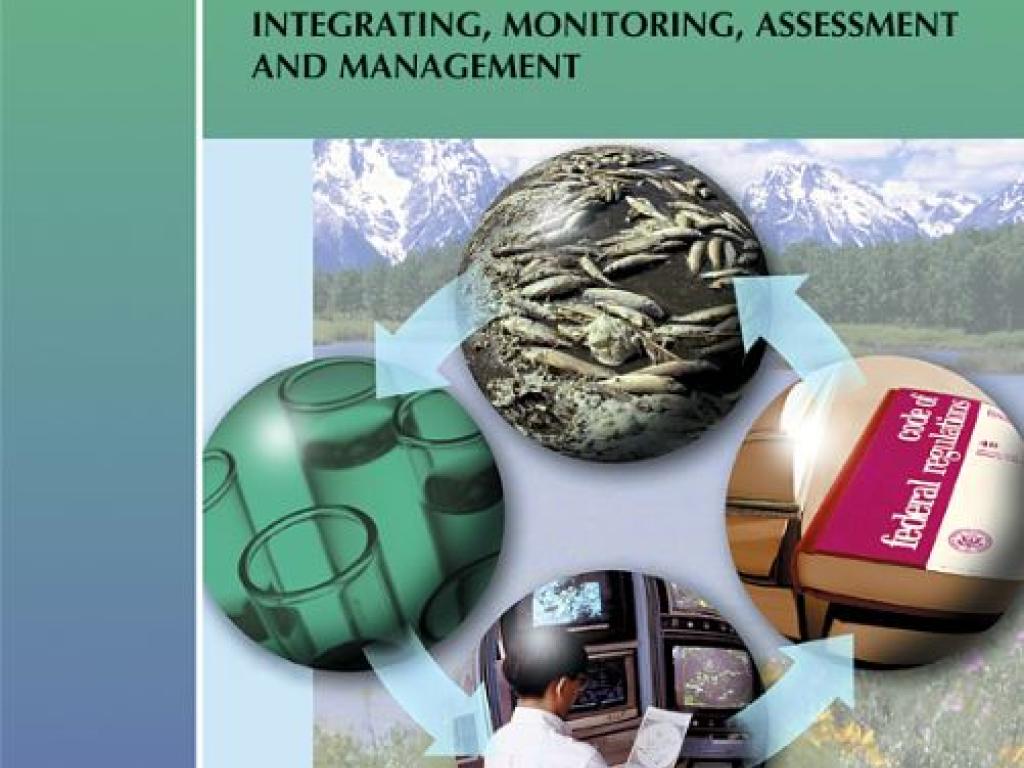Just Out: The specificity of marine ecological indicators to fishing...

Ecological indicators are widely used to characterise ecosystem health. In the marine environment, indicators have been developed to assess the ecosystem effects of fishing to support an ecosystem approach to fisheries. However, very little work on the performance and robustness of ecological indicators has been carried out. An important aspect of robustness is that indicators should respond specifically to changes in the pressures they are designed to detect (e.g. fishing) rather than changes in other drivers (e.g. environment). We adopted a multi-model approach to compare and test the specificity of commonly used ecological indicators to capture fishing effects in the presence of environmental change and under different fishing strategies. Among the indicators, the catch over biomass ratio was most often the most specific indicator to fishing, whereas mean length was most often the most sensitive to change in phytoplankton biomass. However, the responses of indicators were highly variable depending on the ecosystem and fishing strategy under consideration. We therefore recommend that indicators should be tested in the particular ecosystem before they are used for monitoring and management purposes.